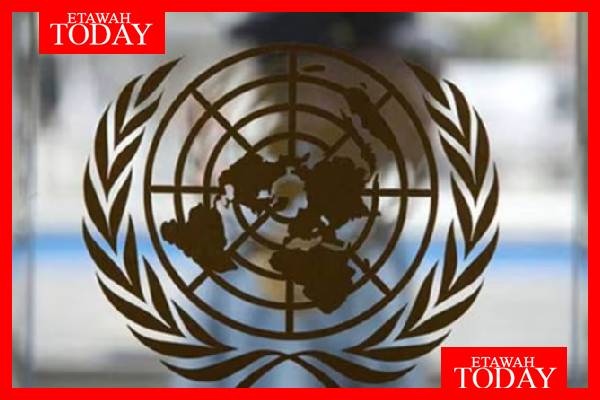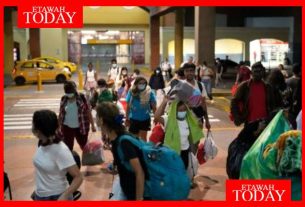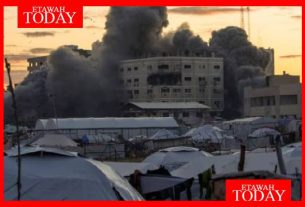Tehran Hits Back, Announces New Enrichment Facility in “Secure Location”
In a significant diplomatic escalation, the United Nations nuclear watchdog—the International Atomic Energy Agency (IAEA)—has formally censured Iran for failing to comply with its nuclear obligations. This marks the first such resolution against Tehran in over two decades and could pave the way for a restoration of UN sanctions later this year.
The resolution, passed by the IAEA Board of Governors in a closed-door vote, urges Iran to immediately cooperate with investigations related to undeclared uranium traces found at multiple sites. The resolution was tabled by France, Germany, the UK, and the United States. Nineteen countries voted in favor, while Russia, China, and Burkina Faso opposed it. Eleven members abstained, and two did not vote.
Tehran Responds with Defiance
Reacting swiftly, Iran’s Atomic Energy Organization and Foreign Ministry issued a joint statement calling the resolution “political” and announced plans for a new uranium enrichment facility located in a “secure and invulnerable” site.
“Iran’s nuclear agency has already built a third secure site for uranium enrichment,” said spokesperson Behrouz Kamalvandi. “The facility will use advanced centrifuges to significantly increase the production of enriched materials.”
The second retaliatory measure involves upgrading existing centrifuges at Iran’s Fordo underground facility.
Global Concerns Mount
Western nations have long suspected that Iran’s nuclear activities may not be entirely peaceful. The resolution states that Iran’s “many failures” to uphold safeguards since 2019 have raised serious concerns, possibly threatening international peace and security.
The IAEA’s recent report, circulated just days before the resolution, criticized Iran’s cooperation as “less than satisfactory,” particularly in explaining uranium traces found at undisclosed sites.Israeli Prime Minister Benjamin Netanyahu exposed one of these in 2018, describing it as a hidden nuclear warehouse.
Diplomacy Still an Option—but the Clock is Ticking
While the censure is a significant move, Western diplomats have indicated that diplomatic avenues remain open. However, failure by Iran to engage constructively could result in the matter being escalated to the UN Security Council.
The “snapback” mechanism that would reimpose UN sanctions—lifted under the 2015 Iran nuclear deal—can only be triggered until October 2025. This puts pressure on all sides to reach a resolution soon.
Tensions Rise Regionally
Following the resolution, U.S. and Israeli authorities issued regional security alerts. Some American personnel and their families have started leaving the region, while the U.S. Embassy in Israel ordered government staff to avoid travel outside Tel Aviv due to heightened tensions.
Iran’s newly elected President Masoud Pezeshkian, who had earlier campaigned on restoring Western ties, has taken a defiant tone. “We will continue down our own path; we will have enrichment,” he declared, signaling a tougher stance from Tehran.





